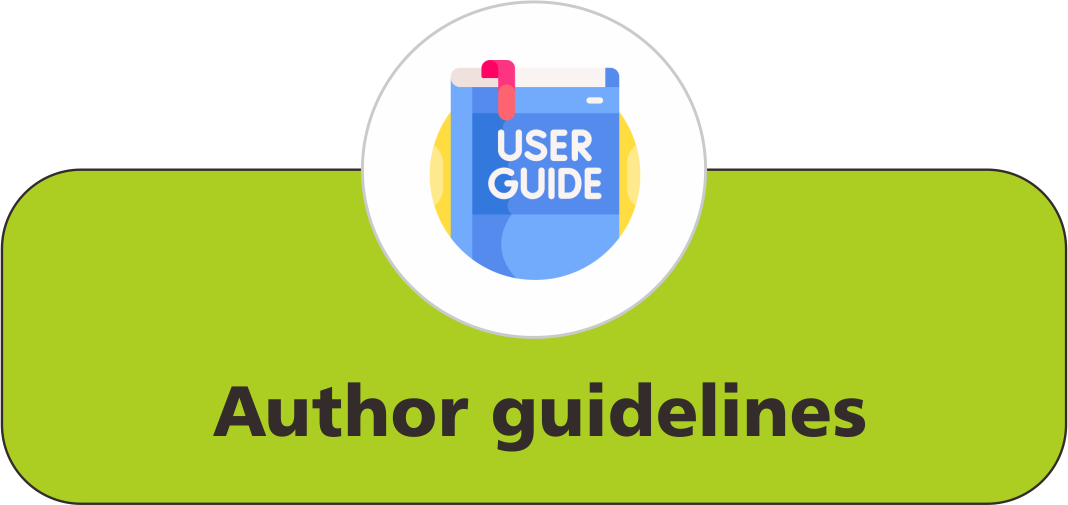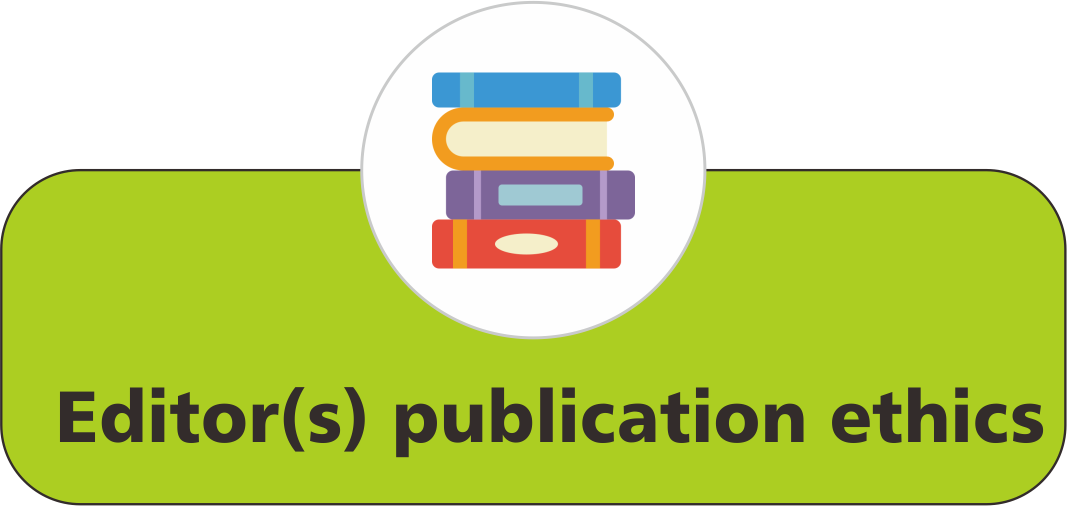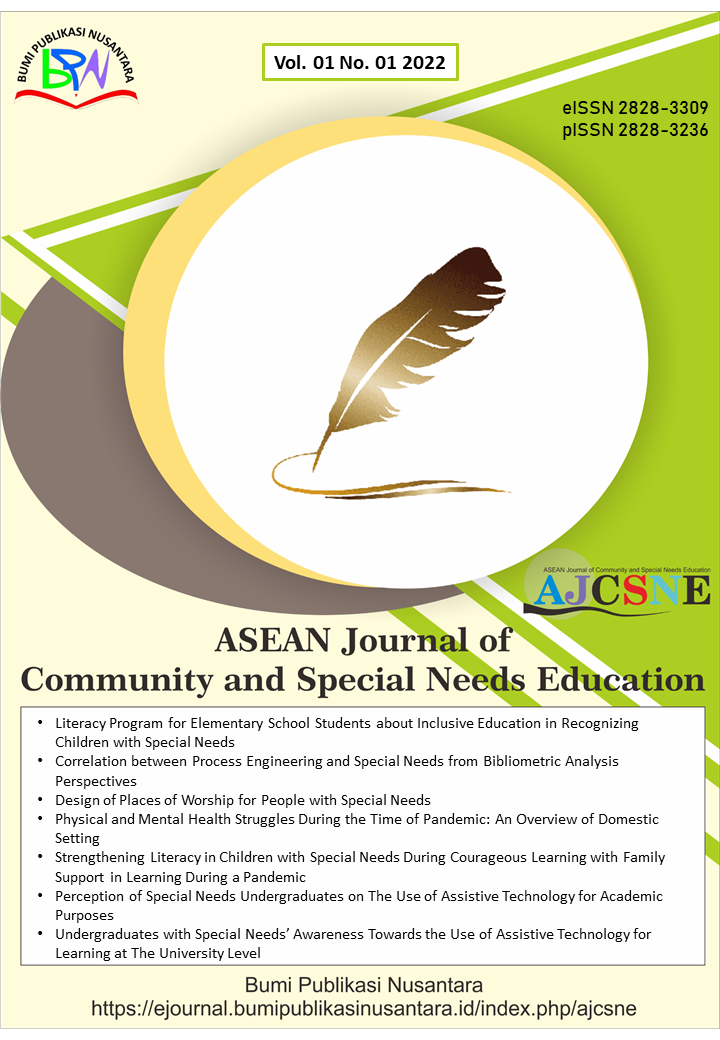Emotional Stability as Correlate of Students’ Academic Performance in Primary Schools
 ), Kayode Ezecheal Obafemi(2), Bilikis Ajoke Olasinde(3),
), Kayode Ezecheal Obafemi(2), Bilikis Ajoke Olasinde(3),
(1) Kwara State University
(2) Kwara State University
(3) Kwara State College of Education
 Corresponding Author
Corresponding Author
Abstract
Keywords
References
Adesokan, A., Obafemi, K. E., Badmus, R., Adesokan, T. T., and Hamza, R. A. A. (2024). Emotional maturity and emotional adjustment of adolescents with emotional and behavioral disorder. ASEAN Journal of Community and Special Needs Education, 3(1), 1-10.
Adigun, J., Onihunwa, J., Irunokhai, E., Sada, Y., and Adesina, O. (2015). Effect of gender on students’ academic performance in computer studies in secondary schools in New Bussa Borgu Local Government of Niger State. Journal of Educational and Practice, 6(33), 1-7
Brackett, M. A., Palomera, R., Mojsa-Kaja, J., Reyes, M. R., and Salovey, P. (2010). Emotion-regulation ability, burnout, and job satisfaction among British secondary-school teachers. Psychology in the Schools, 47(4), 406–417.
Brackett, M. A., Rivers, S. E., Shiffman, S., Lerner, N., and Salovey, P. (2011). Relating emotional abilities to social functioning: A comparison of self-report and performance measures of emotional intelligence. Journal of Personality and Social Psychology, 101(4), 881–898.
Di Fabio, A., and Saklofske, D. H. (2014). Comparing ability and self-report trait emotional intelligence, fluid intelligence, and personality traits in career decision. Personality and Individual Differences, 64, 174-178.
Durlak, J. A., Weissberg, R. P., Dymnicki, A. B., Taylor, R. D., and Schellinger, K. B. (2011). The impact of enhancing students’ social and emotional learning: A meta-analysis of school-based universal interventions. Child Development, 82(1), 405-432.
Honicke, T., and Broadbent, J. (2016). The influence of academic self-efficacy on academic performance: A systematic review. Educational Research Review, 17, 63-84.
Jimerson, S. R., Campos, E., and Greif, J. L. (2003). Toward an understanding of definitions and measures of school engagement and related terms. The California School Psychologist, 8, 7-27.
Jones, A., Smith, B., and Johnson, C. (2018). The impact of emotional stability on academic performance: A Longitudinal analysis. Journal of Educational Psychology, 42(3), 321-335.
Kokkinos, C. M. (2007). Job stressors, personality and burnout in primary school teachers. British Journal of Educational Psychology, 77(1), 229-243.
Matud, M. P. (2004). Gender differences in stress and coping styles. Personality and Individual Differences, 37(7), 1401-1415
McCoy, J. M. (2013). Academic performance in primary school children: Does intelligence influence the relationship between academic self-concept and academic performance? Journal of Educational Psychology, 31(3), 271-280.
Obafemi, K. E. (2021). Effect of inside-outside circle instructional strategy on primary school students’ academic achievement in mathematics in Kwara State. Unilorin Journal of Lifelong Education (UJLLE), 5(1), 35-45.
Obafemi, K. E., Fajonyomi, A., and Ola-Alani, E. K. (2023b). Effect of reversed jigsaw instructional strategy on students’ academic achievement in Mathematics. ASEAN Journal of Science and Engineering Education, 3(3), 297-304.
Obafemi, K. E., Obafemi, T. O., and Yakubu, F. M. (2023a). Effect of demonstration method on primary school students' academic achievement in physical and health education. ASEAN Journal of Physical Education and Sport Science, 2(2), 99 – 104.
Pintrich, P. R., and De Groot, E. V. (1990). Motivational and self-regulated learning components of classroom academic performance. Journal of educational psychology, 82(1), 33.
Salovey, P., and Mayer, J. D. (1990). Emotional intelligence. Imagination, Cognition and Personality, 9(3), 185–211.
Smith, D., and Johnson, E. (2019). Emotional Stability and Academic Achievement: A meta-analysis. Educational Research Review, 28,1-15.
Wani, M. A., Sankar, R., Angel, J., Dhivya, P., Rajeswari, S., and Athirai, K. (2016). Emotional stability among Annamalai University students. The International Journal of Indian Psychology, 3(4), 119-123.
Article Metrics
Abstract View : 1378 times
: 1378 times Download : 1629 times
Download : 1629 times
Refbacks
- There are currently no refbacks.
Copyright (c) 2024 Bumi Publikasi Nusantara

This work is licensed under a Creative Commons Attribution-ShareAlike 4.0 International License.







